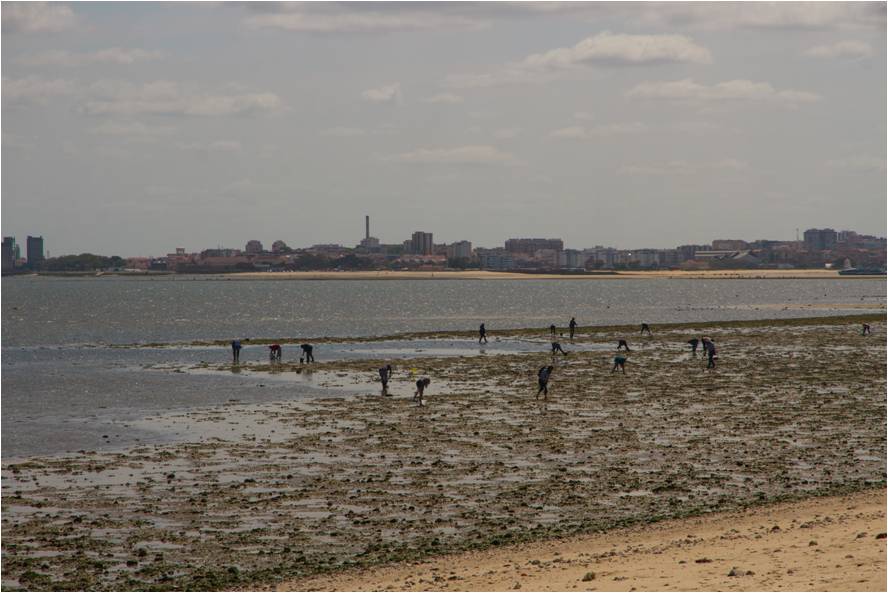Os Cotonetes nas Praias
Todos os anos encontramos nas praias muitas palhinhas de plástico. QUAL SERÁ A SUA ORIGEM?
Fomos investigar e descobrimos que são restos de cotonetes que as pessoas depositam, erradamente, nas sanitas. Apesar das águas residuais serem tratadas nas ETAR’s, muitas destas palhinhas, por serem muitos finas, conseguem passar pelos crivos e chegar ao mar e às praias.
Com este vídeo pretendemos alertar e sensibilizar para este problema, uma vez que a alteração de pequenos hábitos poderá ser muito importante para o resolver.
Deitar na sanita toalhitas, cotonetes e fraldas, pode gerar, por acumulação, graves entupimentos no esgoto. Os resíduos mais pequenos, como os cotonetes, não conseguem ser tratados nas ETAR, podendo comprometer a qualidade do efluente tratado e as linhas de água. Uma vez disponíveis no ambiente, muitos animais podem confundir os “pauzinhos” dos cotonetes com alimento, acabando por morrer, o que afecta toda a cadeia alimentar.
As filmagens foram feitas na praia de Carcavelos, mas poderiam ter sido realizadas noutra praia qualquer, pois este problema é bastante frequente.

Illegal gathering of mussels in river Tagus
Illegal gathering of mussels in Ponta dos Corvos, Seixal, estuary of Tagus, Portugal. A rentable activity but dangerous for the public health.
During May, we could see dozens of people in the river Tagus gathering bivalves to be sold to businessmen. An extra family income but a serious problem of public health, due to the presence of dangerous levels of toxins or microbiological contamination.
According to the Institute of the Sea and the Atmosphere, the gathering of bivalves is forbidden in the estuary of Tagus, since 3rd May. By the end of the month, at the low tide, dozens of people continue entering the river, as we can see in the photo taken in Ponta dos Corvos, Seixal. This prohibition is due to the “the presence of levels of toxins or microbiological contamination over regular levels”.
There are many businessmen who buy these bivalves at a low price and introduce them in the market, which may cause problems of public health.


You must be logged in to post a comment.